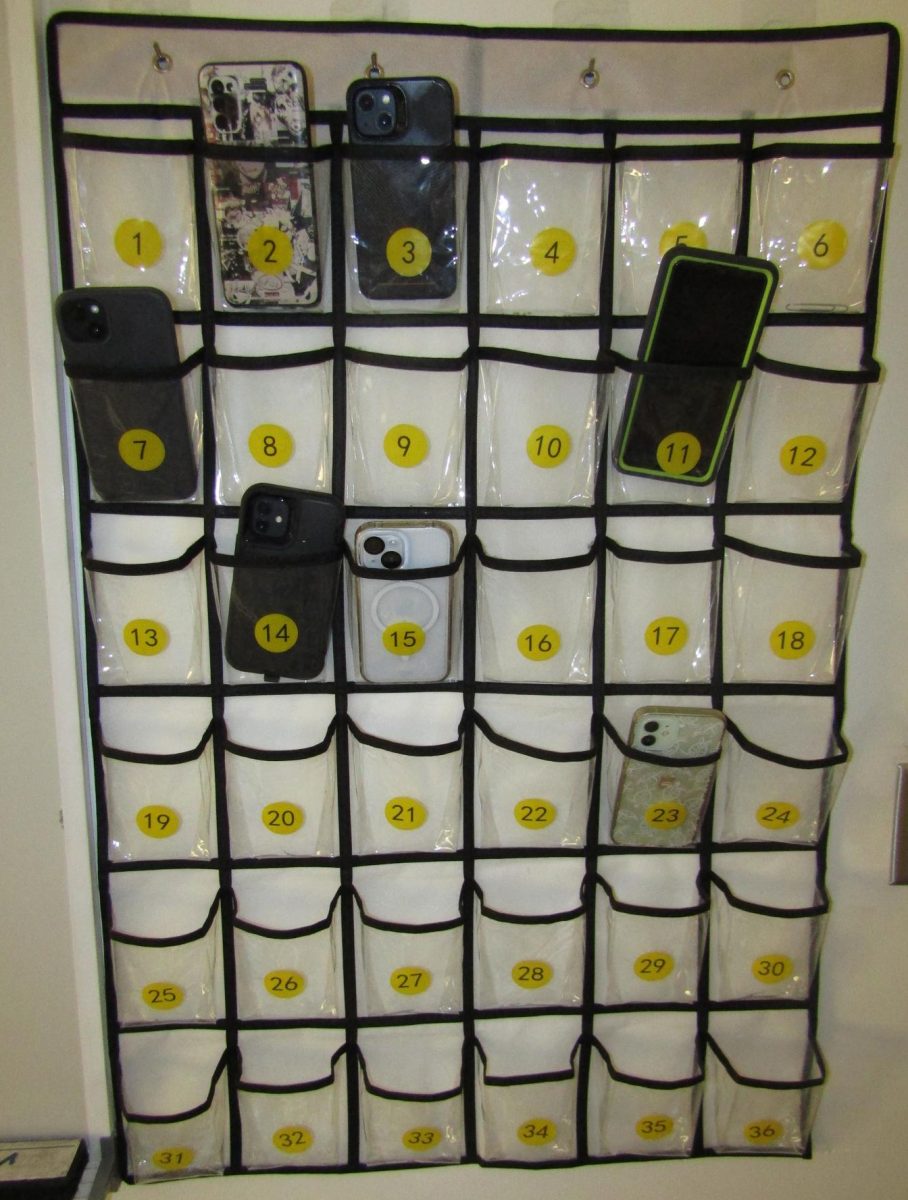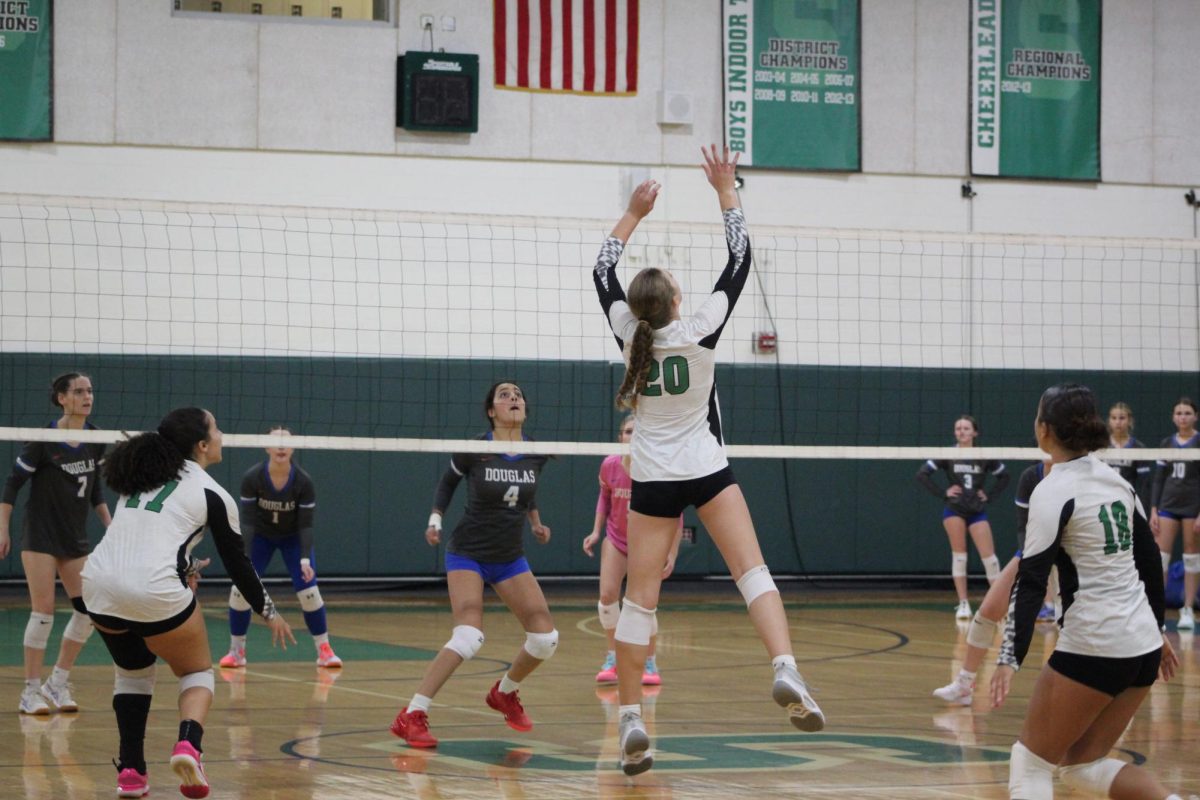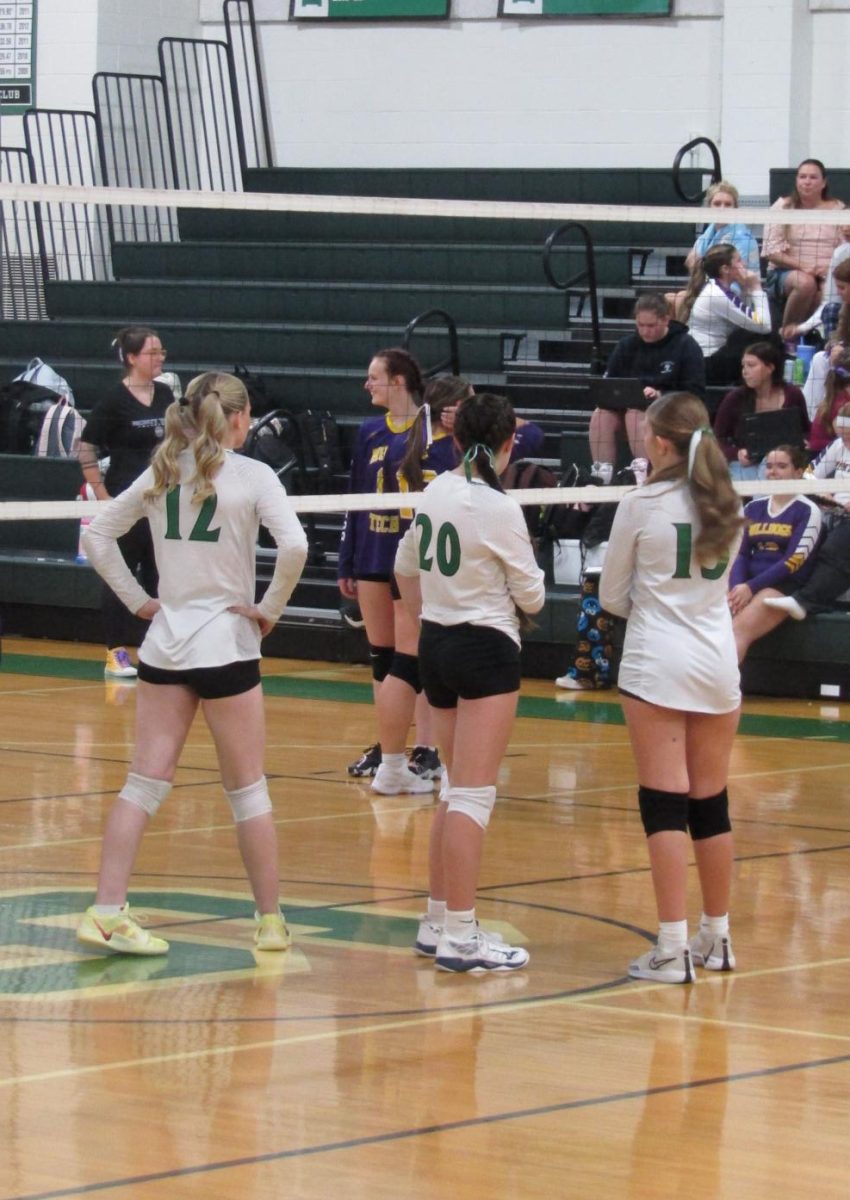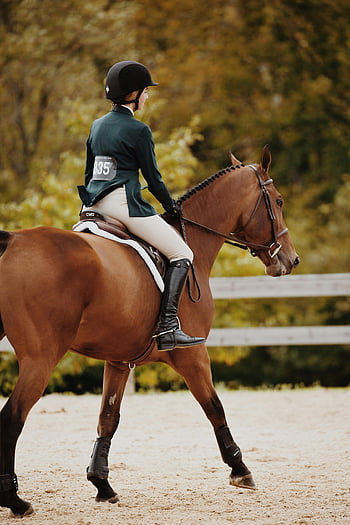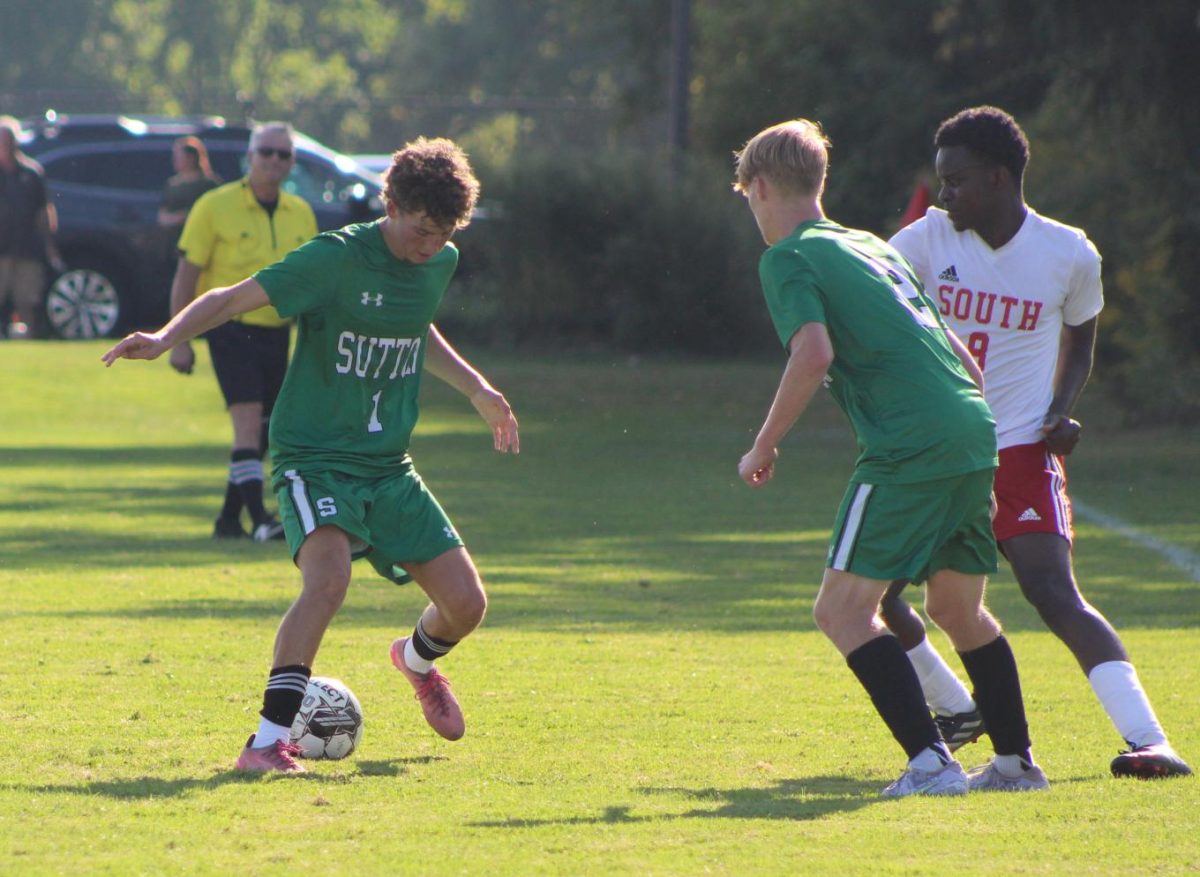You’ve just come in first place, finally winning what you have been fighting for all season. The shiny gold trophies are being placed into your hand, but as you look to your left the team who you beat two rounds ago is holding the same trophy. Why is that? You beat them. How come they get the same trophy?
Participation trophies are a reward given to players for playing in the game, win or lose. There is a heavy debate about

whether or not participation trophies should be given out at events. Is it fair to the people who won? Or should is it a good way to get kids to love and be involved in sports?
Participation trophies are handed out to make sure that everyone feels important and congratulated for their efforts after working hard, but it causes children to lose sight of why they are fighting to get a trophy to begin with. If a child is automatically given a trophy there is no reason why they would want to improve.
The whole point of playing a sport is to win, and if everybody wins, why would people fight to work harder? This could be mirrored in the real world. If children grow up thinking it is okay not to try because they are guaranteed success either way, it is built into their subconscious that they do not need to work hard to get a reward. This in turn creates lazy habits.
On the other side, not being rewarded can create a drive within children because they will want to work harder to win. Though at a younger age, it could be argued that it doesn’t matter because they will forget, and it is easier to give them a trophy rather than deal with them crying, but realistically this should stop around age 6 as children have to learn to deal with their emotions appropriately.

Participation also has its positives. They teach positive values such as there is more to winning. Teamwork, sharing, communication, and hard work should all be rewarded as well. It is the idea that you should be rewarded for the good qualities you present rather than just the win. It teaches the worth of going out of your comfort zone and trying new things. Additionally, trophies can also provide memorabilia.
Going even deeper into it, we know that participation trophies bring happiness, which all parents want their children to feel, but children need to experience sadness and loosing. If you always replace sadness with happiness, kids can grow up believing that happiness is the only acceptable emotion which could negatively affect their mental health in the long run. On the other hand of emotions, positive reinforcement is one of the most effective behavior modifications. Some children are trying out multiple sports at once to see what they like, and constantly losing at the sport they like best can be frustrating as they feel they are not good enough. These trophies help to boost self-esteem and give children the confidence to keep trying at the different sports they enjoy. In the end, all children are different and you have to do what is best for them. Always having unconditional positive regard towards your kids is what matters most, because teaching them that you are proud of them, win or lose, they will grow up with an open mindset.




